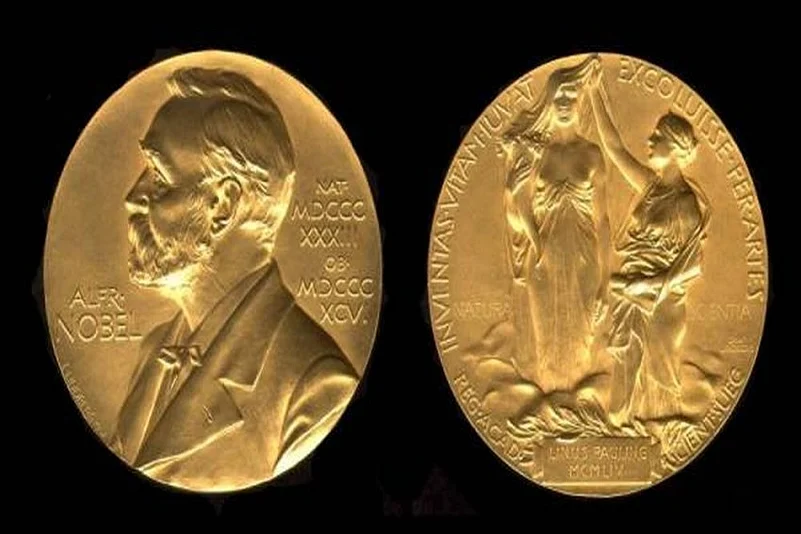The Nobel Prize for literature was awarded to American poet Louise Glück on Thursday “for her unmistakable poetic voice that with austere beauty makes individual existence universal.”
The prize was announced in Stockholm by Mats Malm, the permanent secretary of the Swedish Academy.
New York-born Glück, 77, who is a professor of English at Yale University, made her debut in 1968 with “Firstborn,” and “was soon acclaimed as one of the most prominent poets in American contemporary literature,” the Nobel Academy said.
Her poetry is “characterized by a striving for clarity," often focusing on childhood and family life, and close relationship with parents and siblings, it said.
Advertisement
It noted her 2006 collection “Averno,” calling it “masterly” and “a visionary interpretation of the myth of Persephone's descent into hell in the captivity of Hades, the god of death.” The award, which includes a 10 million kronor (more than USD 1.1 million) prize, comes after several years of controversy and scandal for the world's pre-eminent literary accolade.
In 2018 the award was postponed after sex abuse allegations rocked the Swedish Academy, the secretive body that chooses the winners, and sparked a mass exodus of members.
After the academy revamped itself in a bid to regain the trust of the Nobel Foundation, two laureates were named last year, with the 2018 prize going to Poland's Olga Tokarczuk and the 2019 award to Austria's Peter Handke.
Advertisement
Handke's prize caused a storm of protest: a strong supporter of the Serbs during the 1990s Balkan wars, he has been called an apologist for Serbian war crimes. Several countries including Albania, Bosnia and Turkey boycotted the Nobel awards ceremony in protest, and a member of the committee that nominates candidates for the literature prize resigned.
On Monday, the Nobel Committee awarded the prize for physiology and medicine for discovering the liver-ravaging hepatitis C virus. Tuesday's prize for physics honoured breakthroughs in understanding the mysteries of cosmic black holes, and the chemistry prize on Wednesday went to scientists behind a powerful gene-editing tool.
Still to come are prizes are for outstanding work in the fields of peace and economics.



















